Stripe picks $1 million in carbon-removal projects to spur industry
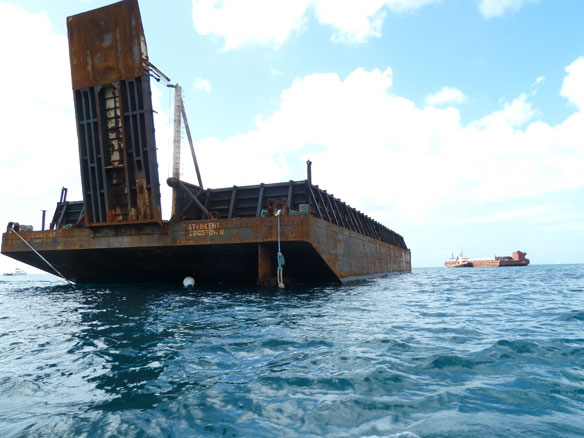
The billionaire brothers who control San Francisco-based online payments company Stripe are spending a quarter of a million dollars to import special sand to a remote Caribbean beach.
New York $ 1 billion offshore gas pipeline project denied
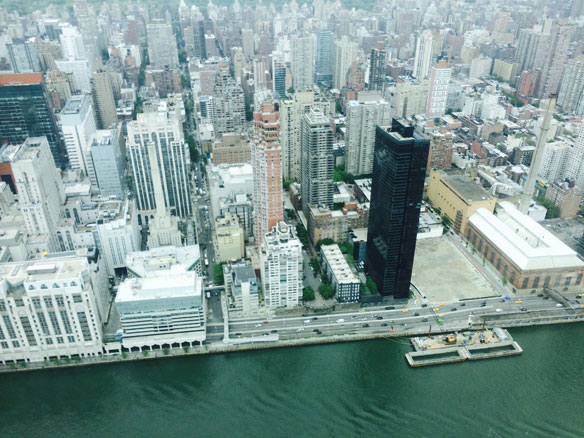
New York environmental regulators denied a water permit for Williams Cos Inc’s proposed Northeast Supply Enhancement (NESE) natural gas pipeline from Pennsylvania to New York City.
As California beaches reopen, seawall construction becomes legislative battleground
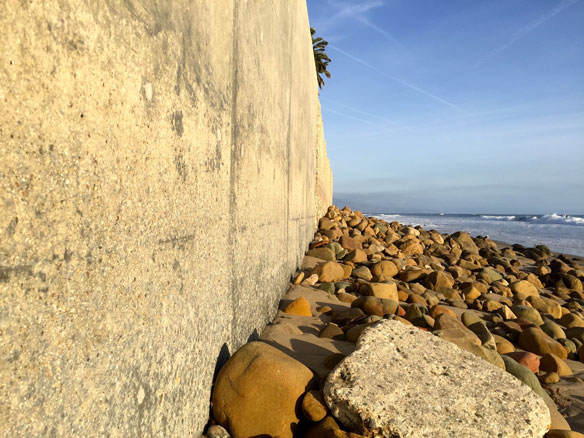
In a move this month that outraged environmentalists and caught coastal regulators off guard, a Republican senator pushed forward legislation that would revise a key section in the state’s landmark Coastal Act and allow homeowners in San Diego and Orange counties to build seawalls by right.
6 things you need to know about sand mining
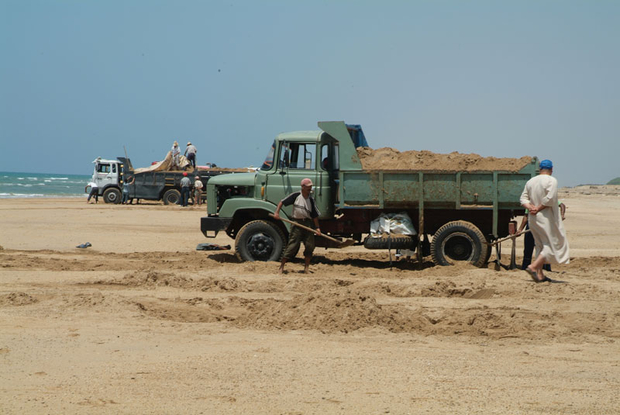
Sand is the single most mined commodity, eclipsing minerals and metals by a colossal margin. Around 85% of the material we pull up from the earth is sand, gravel or other aggregate materials. Globally our annual aggregate consumption is somewhere around 53 billion tonnes – the equivalent to every person on earth using 20kg of sand every single day.
470,000 US dollars worth of illegally mined sand seized in 2019, Algeria
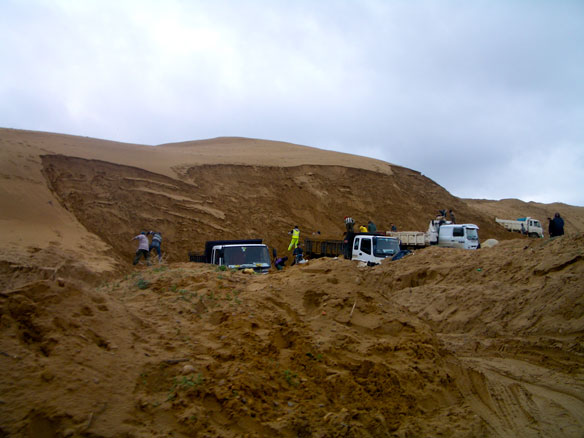
Beyond the direct threat to the littoral, illegal sand mining in Jijel has become a matter of sand mafias, and the numbers of cases handled increased compared to 2018.
The end of plastic? New plant-based bottles will degrade in a year
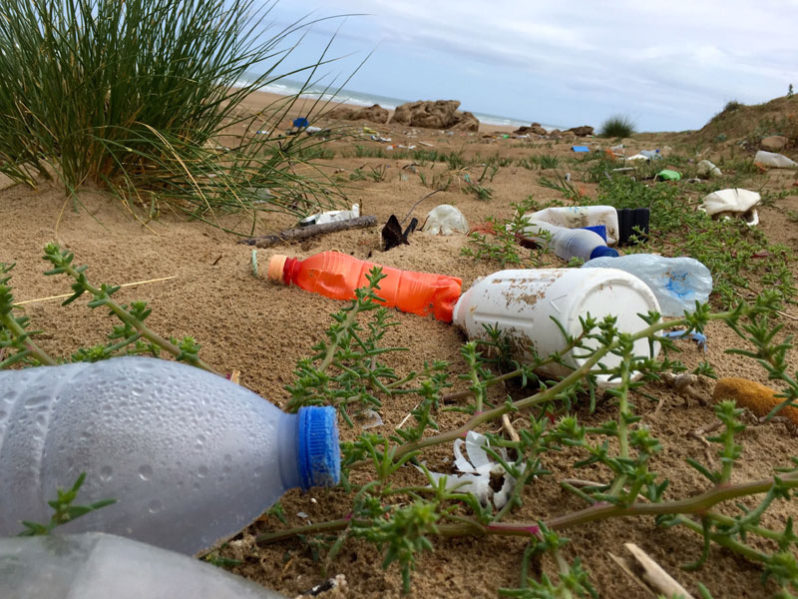
A biochemicals company in the Netherlands hopes to kickstart investment in a pioneering project that hopes to make plastics from plant sugars rather than fossil fuels.
Modern sea-level rise linked to human activities, Rutgers research reaffirms
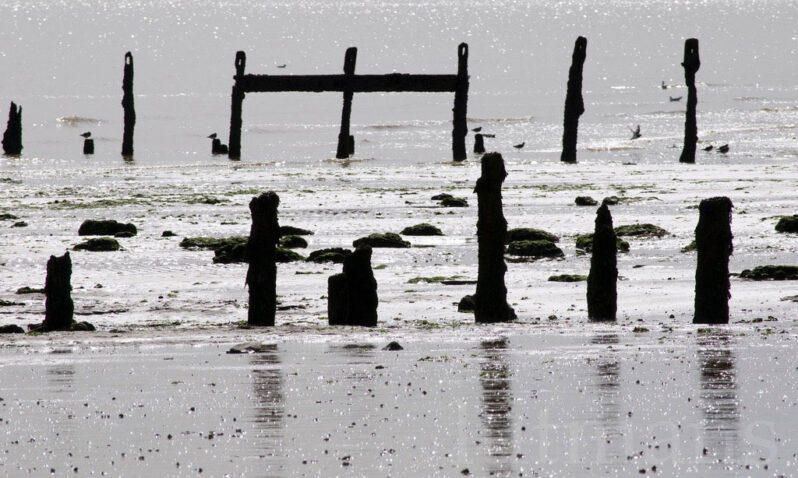
New research by Rutgers scientists reaffirms that modern sea-level rise is linked to human activities and not to changes in Earth’s orbit. The paper reconstructed the history of sea levels and glaciation since the age of the dinosaurs ended.
How a 1,000‑year‑old tsunami in the Indian Ocean points to greater risk than originally thought
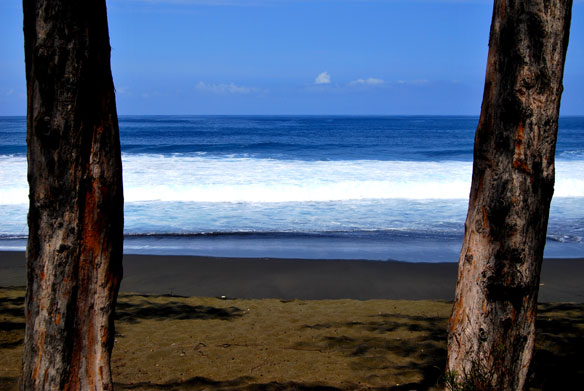
Tsunami risk has been considered to be low in East African countries, mainly because of the limited damage caused by the 2004 tsunami. Until now.
Still sandy after all these years
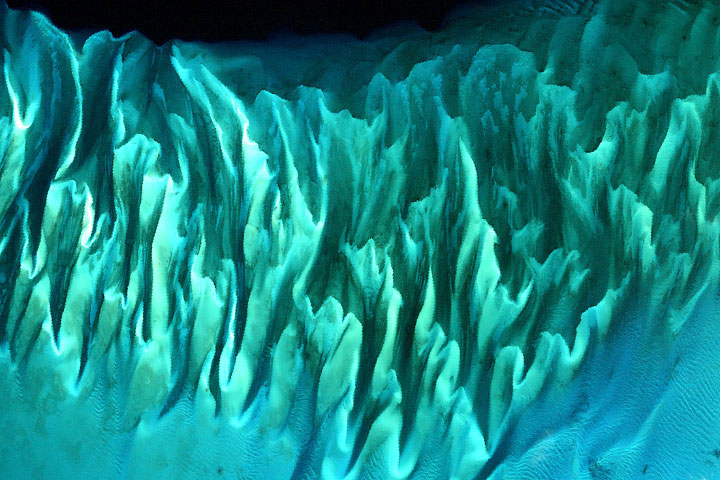
When oceanographer Serge Andréfouet first saw a satellite image of the Great Bahama Bank, he knew the colors and contours were special. There are many nice seagrass and sand patterns worldwide, but none like this anywhere on Earth,
